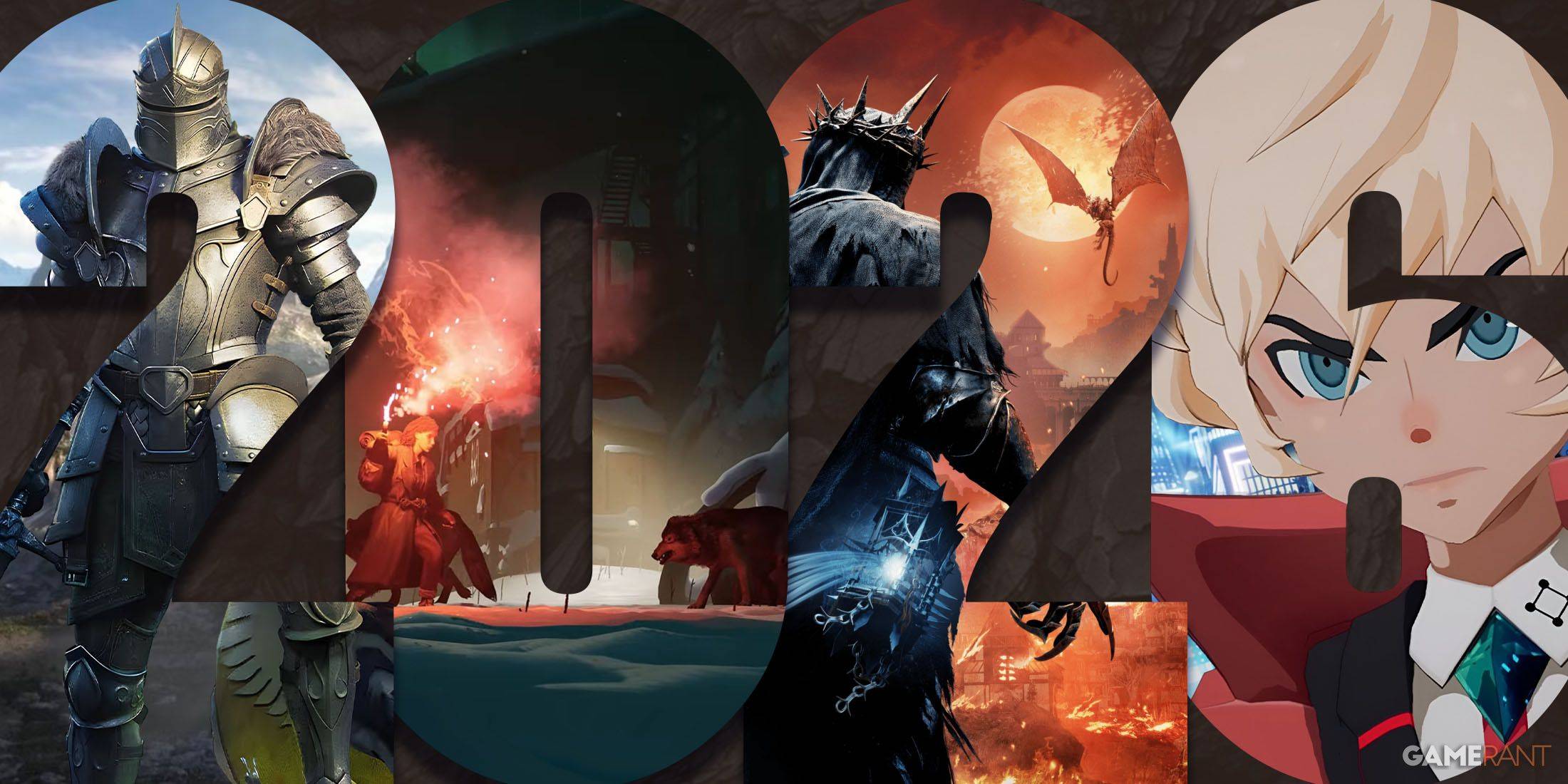"Looney Tunes Shorts Pulled from HBO Max Amid Movie Release"
Warner Brothers' decision to remove its entire catalog of original Looney Tunes shorts from HBO Max has left fans and animation enthusiasts reeling. These iconic shorts, which were produced from 1930 to 1969, represent a "golden age" of animation and played a pivotal role in establishing Warner Brothers as a major player in the entertainment industry.
According to Deadline, the removal is part of a strategic shift to focus on adult and family programming, as children's content reportedly does not attract significant viewership on the platform. This move disregards the cultural significance of the Looney Tunes series. The decision to cancel HBO's deal with Sesame Street at the end of 2024 further underscores this shift, despite the show's longstanding role in childhood education since 1969. While some newer Looney Tunes spinoffs remain available on HBO Max, the essence of the franchise has been stripped away.
The timing of this decision is particularly baffling given the recent release of "The Day the Earth Blew Up: A Looney Tunes Story" in theaters on March 14. Initially ordered by Max, the film was sold to Ketchup Entertainment through the American Film Market following the Warner Brothers and Discovery merger. The limited marketing budget from the smaller distributor has resulted in the film earning just over $3 million during its opening weekend across more than 2,800 theaters nationwide.
The public's reaction to last year's handling of "Coyote Vs. Acme" suggests that there might have been greater interest in "The Day the Earth Blew Up" had it been more widely promoted. Warner Brothers Discovery's choice to shelve "Coyote Vs. Acme," despite it being completed, due to distribution costs, has been met with widespread criticism. In February, actor Will Forte expressed his frustration, describing the decision as "f—king bulls—t" and stating that it made his "blood boil."
The removal of the Looney Tunes shorts from HBO Max, coupled with the mishandling of recent projects, has sparked significant discontent among fans and industry professionals alike, highlighting a troubling trend in the treatment of beloved animation classics.






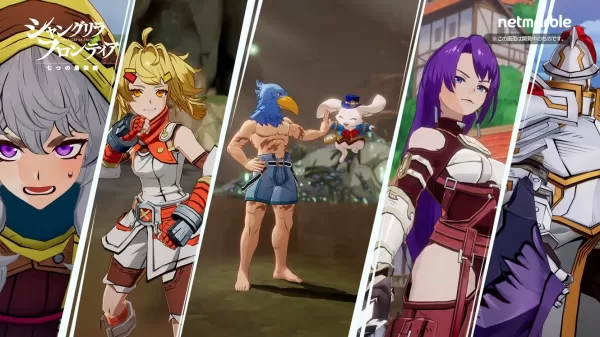
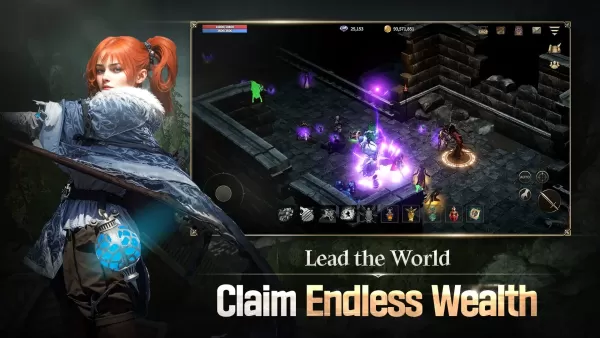
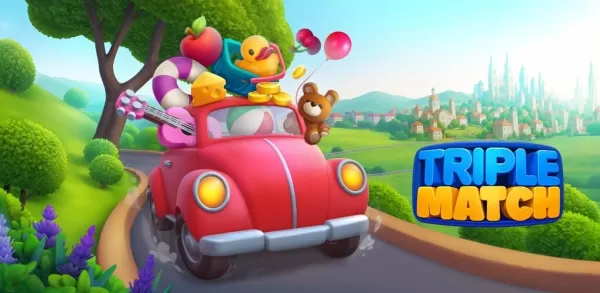
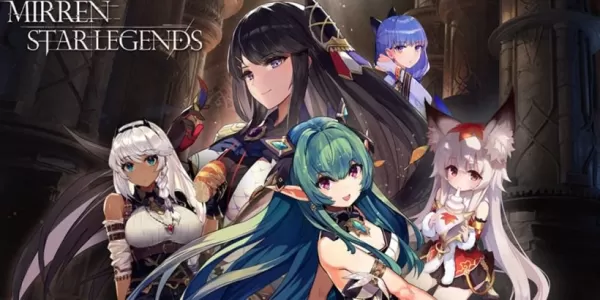






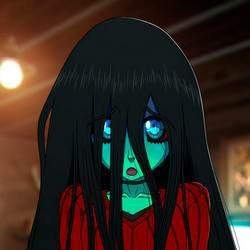


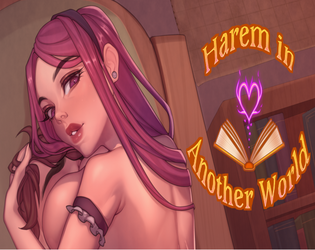
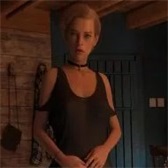
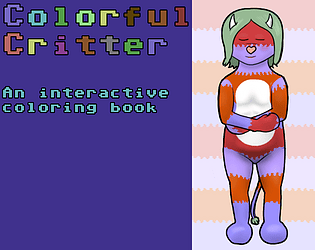
![Salvation in Nightmare [v0.4.4]](https://imgs.21qcq.com/uploads/36/1719555347667e551321c26.jpg)
